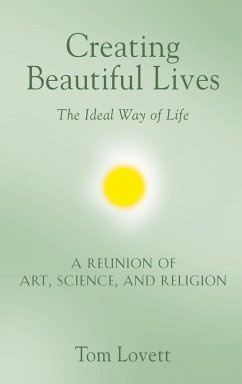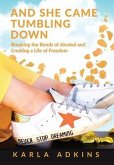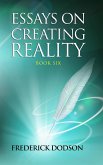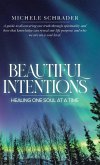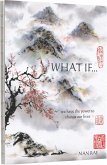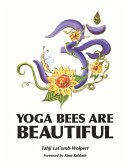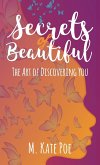Countless writers celebrate the art of daily living and inspire us to create beautiful lives. This book unifies many of their ideas in a theory based on our animal nature. As members of the species Homo sapiens, we engage in behavior that other animals engage in. Our learning ability lets us modify our behavior in unlimited ways: good, bad, or a mix. But do we understand this potential well enough to always choose good options? What if an ideal way of life exists? If it does, and we find it, wouldn't we choose our activities and lifestyle more wisely? In the author's theory of an ideal way of life, we modify our most basic behavior with artistic skills, scientific discoveries, and religious experiences. Let's test that theory and see whether it works. If it does, we can use it to create a science of the art of living. The nature-nurture debate is the larger academic context of this book. This debate concerns whether our lives are more influenced by our animal nature or by the social nurturing we receive. Most scientists agree that nature and nurture interact as we learn and grow, but arguments sometimes occur. The social science proposed in this book will, if verified, end those debates. That science links the sciences and the humanities, thereby simplifying interdisciplinary studies.

